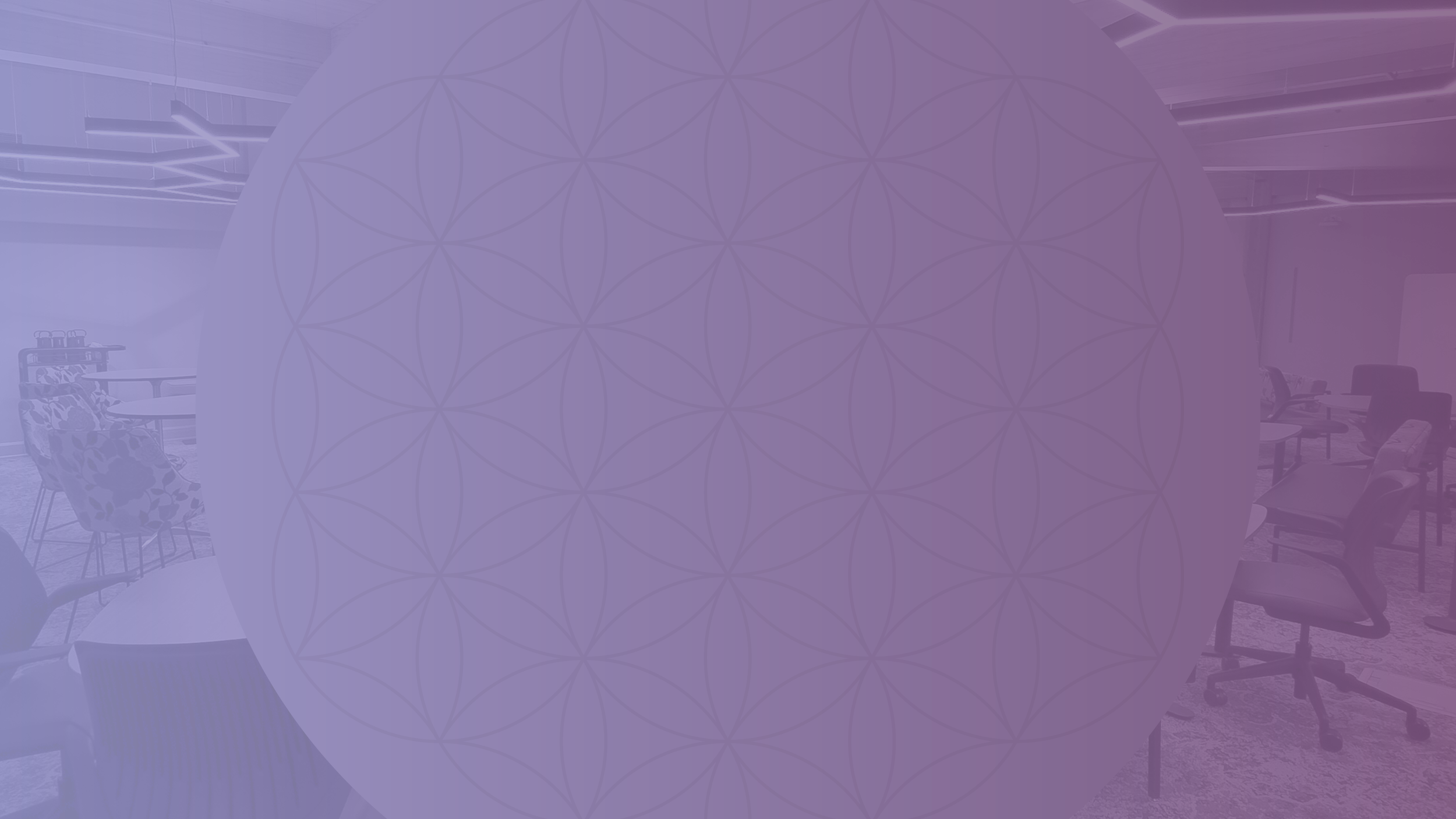
Education Programs
Usona’s education programs are intentionally designed to provide immersive and interactive learning experiences. These programs focus on preparing clinical, scientific, and academic leaders with the critical knowledge needed to advance psychedelic therapy in preparation for future delivery of care, upon approval. Through a carefully tailored curriculum, diverse faculty, experientials, and guest speakers, participants gain the expertise and foundational knowledge required to pave the way for best practices in future care delivery models.
Key Accomplishments:
Hosted over 300 attendees at ten events at the Usona campus in 2024, broadening Usona’s impact in psychedelic therapy education.
Expanded the program offerings and curriculum with immersive programs designed to prepare scientific, clinical, and academic leaders.
Awarded full and partial scholarships for participation in Usona’s Immersive Education Programs, expanding access and diversity of participants.
Launched enhanced facilitator training to support the Phase 3 psilocybin clinical trial.
Strengthened partnerships with research and academic institutions to prepare practitioners and faculty for future care delivery.
“The immersive program at Usona was one of the most professional and educational programs I have attended in my career. Unlike some other programs that have felt like a "sales pitch", there was a balance of enthusiasm for innovative ideas and research as well as discussions of risk and ethics for clinicians and researchers to attend to as they forge the path ahead for this promising area. The group of professionals I had a chance to network with during this event was the top of their fields.”
- 2024 Usona Immersive Education Program Attendee
Expanding Education Programs in 2024
Usona launched new initiatives in 2024 to enhance its education programs and foster collaboration. These immersive learning experiences emphasized cultural inclusion and best practices for safety and optimizing therapeutic outcomes in a variety of contexts and populations.
Bridging Worlds: Indigenous Practices Immersive Forum:
This forum highlighted the importance of Indigenous knowledge in psychedelic therapy and fostered cross-cultural understanding by exploring how traditional wisdom can inform modern therapeutic practices, advancing cultural inclusion and knowledge sharing in the field.
Set and Setting Collaborative:
This forum focused on the critical interplay of mental state ("set") and environment ("setting") in psychedelic therapy. Through workshops and discussions, participants gained actionable insights, new collaborations, and experiential learnings related to understanding and creating optimal therapeutic environments to enhance patient outcomes and access.
Supporter Spotlight:
Sandy and Joe Samberg Champion Usona’s Education Initiatives
“Partnering with Usona Institute on education initiatives has been a truly impactful and inspiring experience. Their immersive education programs are unparalleled, combining a comprehensive, evidence-based curriculum with deeply engaging experiential learning. These programs offer participants not only the scientific and therapeutic foundations of psychedelic research but also the opportunity to immerse themselves in a setting that fosters reflection, connection, and growth.
Supporting these programs philanthropically for faculty in nursing and social work to attend Usona's immersive education programs has been especially meaningful to us. These educators are shaping the future of care, and Usona’s programs equip them with the tools and knowledge to bring transformative practices back to their classrooms and communities. The curriculum’s depth—spanning neurobiology, therapeutic frameworks, ethics, and cultural contexts—is enhanced by experiential components, such as guided facilitation exercises and integration practices, which make the learning very tangible and unique.
Hearing from the scholarship recipients about how they have appreciated their experiences and integrated what they have learned into their work—has reaffirmed the potential of Usona’s mission. These programs are not just educational experiences; they are catalysts for systemic change in the way we approach mental health and healing.
Usona’s dedication to excellence, inclusivity, and meaningful collaboration makes it a privilege to support their work. We are excited about the potential for future and ongoing collaborations, such as the partnership between Usona Institute and the recently launched University Psychedelic Education Program (U-PEP). Through this partnership, Usona offers immersive faculty education programs that equip education leaders from a growing number of universities with the knowledge and tools to instruct their students about psychedelic research and care.
We are continually inspired by the ripple effects of these education programs and look forward to seeing how they continue to shape the future of mental health care. ”
- Sandy & Joe Samberg
New in 2025
Best Practices Initiative for Psychedelic Therapy
Usona Institute is preparing to launch a Psychedelic Therapy Best
Practices Initiative in February 2025, a groundbreaking effort to convene interdisciplinary stakeholders and collaborators to co-develop a comprehensive framework for psychedelic therapies. This initiative prioritizes integrating patient and community voices, particularly from underrepresented and vulnerable groups, to ensure the framework addresses real-world barriers and fosters equitable access to care. Serving as a unifying hub, this project aims to harmonize efforts across the field, creating a shared vision and open platform framework for advancing ethical, safe, and culturally responsive psychedelic therapies.

Looking Ahead
Foster stronger collaborations with leading universities to enrich program offerings and expand educational outreach.
Expand scholarship programs to promote diversity and ensure broader access to psychedelic therapy education.
Broaden outreach initiatives to connect with a wider and more diverse audience, fostering greater inclusiveness in psychedelic therapy education.










